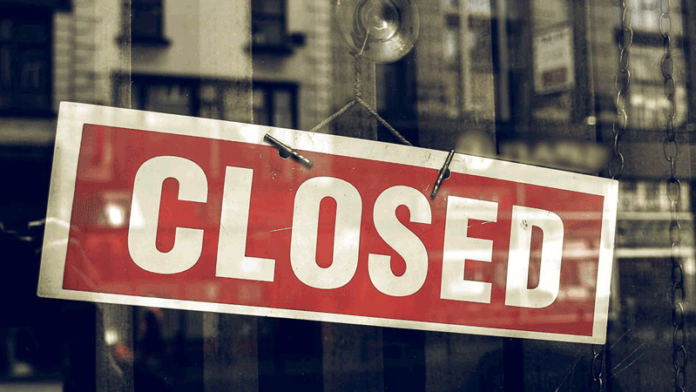Business interruption insurance is probably something most business owners didn’t think about all that much before the pandemic. Now, it could be on the top of your mind. You may not have had business interruption insurance when COVID-19 hit, or you could be struggling with your insurance company because it’s refusing to pay.
Insurance companies are notorious for trying to get out of paying claims, especially business interruption claims.
If your insurance company is refusing to pay a valid claim, you may need to speak to an attorney.
If, on the other hand, you’re at a point where you’re just now preparing a claim, the following are some things to know and tips.
Have a Plan of Action
If you want your claim to have a chance of being processed quickly and getting a higher settlement value, you need it to be well-documented with a reasonable amount of support to back it up.
With that in mind, you need to have a plan of action, and you should identify a team that’ going to manage the process. This may include resources that are internal and external to your business.
Your plan of action will usually involve a review of your insurance policies to determine your level of coverage. If you’re a smaller business, you may have one point person who’s managing the claim from end-to-end rather than a team.
That person should work with your broker and stay in contact with the insurance adjuster throughout the process.
Knowing your policy is incredibly important.
Identifying and Tracking Expenses
Once you’ve decided who’s managing the claim, and you’ve gone over the details of your policy and established contact with relevant stakeholders, you can start to identify expenses that you incurred because of coronavirus, or whatever it is that led to your business interruption claim.
If you’re filing a claim related to COVID, you want to be able to show that you would not have incurred the particular expense were it not for the pandemic.
One area of focus will likely be on income loss, so you’re going to want to capture and then track any canceled or lost orders because of the qualifying event.
A successful claim will demonstrate a loss of expected revenue. You need to have concrete evidence of what your normal operations brought in, so you can show how that compared during the qualifying event.
You may have to work with your accountant on revenue projections.
Other General Tips for a Business Interruption Claims
The following are some other general tips to prepare for a business interruption claim:
- Report your claim immediately. Most commercial insurance policies have specific requirements for claim reporting. If you have a broker, again, get in touch with them right away and begin getting them involved in the process.
- If there’s physical damage, you need to examine and document it all thoroughly. You might need to work with a construction expert or anyone specializing in the particular area of damage. For example, water damage can be much more expensive than you may even be able to see.
- We touched on this above, but it’s important to talk with your insurer frequently. You should be discussing any day-to-day demands the loss created for you. Let them know, for example, if you need cash for operations or if there are any intended repairs.
- Mitigate your damages. This is a big area where an insurance company can use a lack of doing so against you and deny your claim. The general guideline is to make decisions as if you don’t have insurance coverage, at least until you have a commitment that the loss will be covered.
- Make it your goal with your claim to help your insurer understand the ins and outs of your business operations. You need to provide perspective and context for your losses. If the insurer doesn’t fully understand your business, you’ll probably get a lower reimbursement.
- Take your time preparing your claim and documenting your losses—don’t try to rush it. You can request cash advances along the way in most cases, depending on how long the process takes.
Finally, if you disagree with something your insurer is saying or doing as far as your claim, speak up and say so. You should know the timelines required for action and any penalties your insurer might face for unreasonable treatment or delays. If your claim isn’t being properly handled, be firm and let your insurer know you’re willing to be more aggressive if you need to.






















